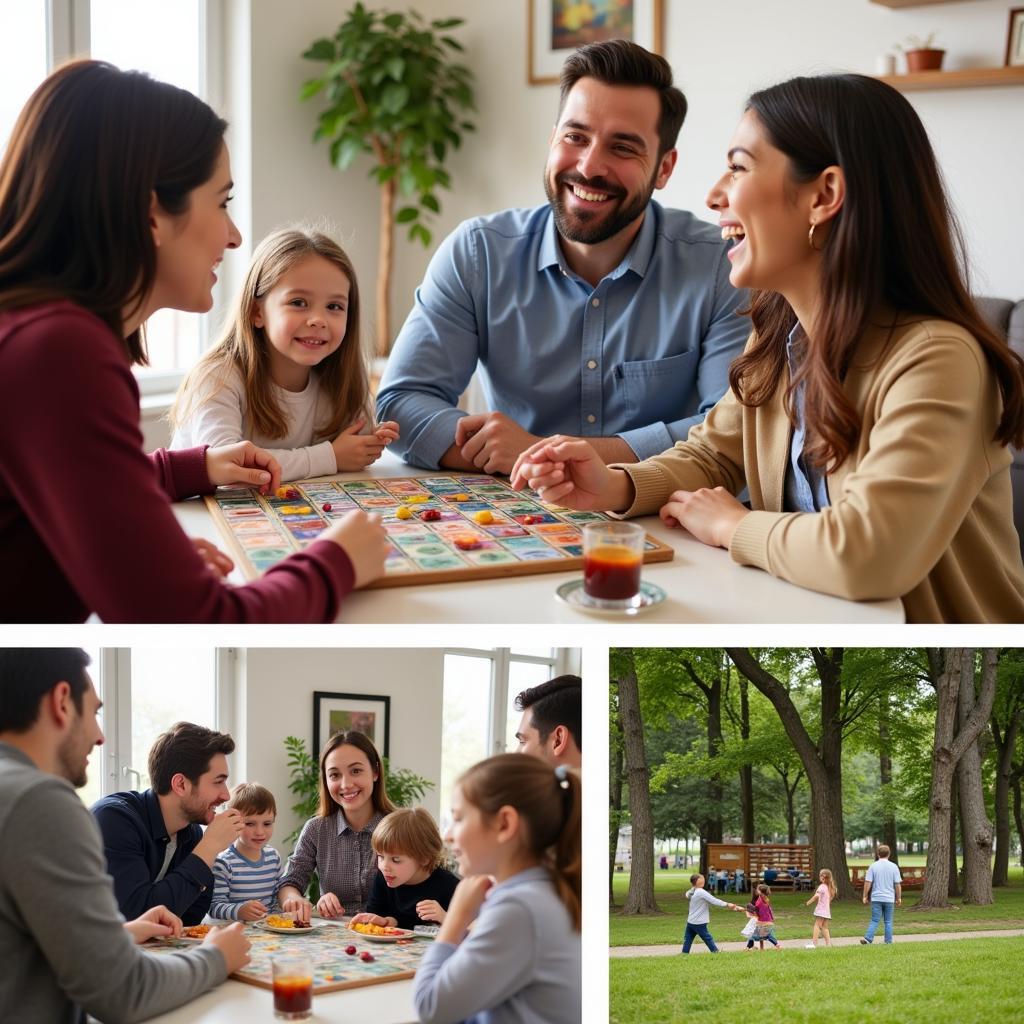Navigating the world of international student homestays can be daunting, especially for BC K-12 students. This guide provides valuable information about Bc K 12 International Student Homestay Guidelines, helping families and students find the perfect match for a successful and enriching experience.
Understanding BC K-12 International Student Homestay Programs
Homestays offer international students a unique opportunity to immerse themselves in Canadian culture while attending school in British Columbia. These programs provide a safe and supportive environment where students live with a host family, experience daily life, and improve their English language skills. Choosing the right homestay is a critical step in a student’s academic journey. What are some of the most important bc k 12 international student homestay guidelines?
Finding the Right Homestay: Key Considerations for BC K-12 Students
Several factors play a vital role in selecting the ideal homestay. Students should consider their personal preferences, including dietary restrictions, allergies, and hobbies. Families are encouraged to be open and communicative about their lifestyle and expectations. camosun college homestay fee Open communication is key to a harmonious living arrangement.
- Location: Proximity to school and public transportation is crucial for convenience and independence.
- Family Dynamics: Understanding the family’s composition and lifestyle will help students find a compatible environment.
- House Rules: Clear expectations regarding curfew, chores, and guest policies are essential.
What are the typical costs associated with a homestay program? cost of homestay in canada Understanding the financial implications will help families budget accordingly.
 BC K-12 Homestay Family Activities
BC K-12 Homestay Family Activities
BC K-12 International Student Homestay Guidelines: Roles and Responsibilities
Clear guidelines are essential for a successful homestay experience. Both students and host families have specific responsibilities that contribute to a positive and productive environment.
Student Responsibilities:
- Respecting house rules and family routines
- Communicating openly and honestly
- Participating in family activities
- Maintaining cleanliness in their personal space
Host Family Responsibilities:
- Providing a safe and welcoming environment
- Offering nutritious meals
- Supporting the student’s academic endeavors
- Facilitating cultural exchange
“A successful homestay is built on mutual respect and understanding,” says Dr. Emily Carter, an expert in international education. “Clear communication from the beginning sets the stage for a positive and enriching experience.”
Communicating Effectively within the Homestay
Open and honest communication is the cornerstone of any successful homestay. Regularly scheduled family meetings can help address concerns and celebrate successes. Students should feel comfortable expressing their needs and asking questions. Similarly, host families should provide constructive feedback and guidance.
“The homestay experience is a two-way street,” adds Dr. Carter. “Both students and families need to be proactive in fostering a supportive and communicative environment.” This includes adhering to bc k 12 international student homestay guidelines.
Conclusion
BC K-12 international student homestay guidelines play a crucial role in ensuring a positive experience for both students and host families. By understanding the process, responsibilities, and the importance of communication, everyone can contribute to a successful and enriching cultural exchange. Following these bc k 12 international student homestay guidelines sets the stage for a rewarding experience.
FAQ
- How do I find a suitable homestay family?
- What are the typical costs associated with a homestay program?
- What are the responsibilities of a host family?
- What are the responsibilities of an international student in a homestay?
- How can I resolve conflicts or misunderstandings in a homestay?
- What support services are available for international students in homestays?
- How can I prepare for my homestay experience?
Common Situations and Questions
- Dealing with Homesickness
- Managing Cultural Differences
- Academic Support in a Homestay
- Dietary Restrictions and Allergies
Further Resources
- [Link to School District Homestay Program Information]
- [Link to BC Ministry of Education International Education Resources]
When you need assistance, please contact us. Phone Number: 0793157979, Email: [email protected] Or visit us at: 73C6+XR, Trung Son, Viet Yen, Bac Giang, Vietnam. We have a 24/7 customer service team.